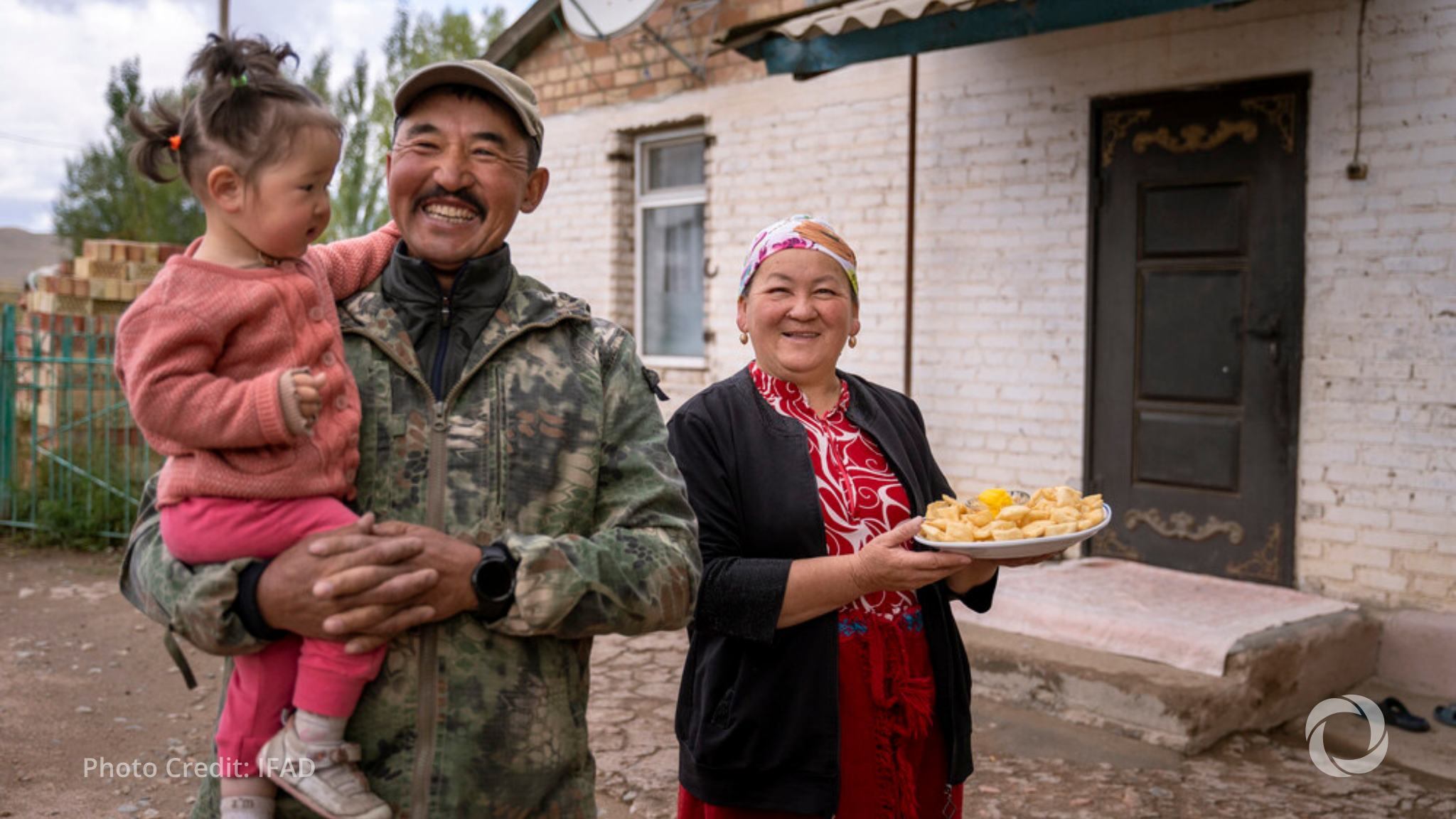The International Fund for Agricultural Development (IFAD) just partnered with Kompanion Bank to help over 800,000 people in Kyrgyzstan do more with the money their relatives send home from abroad, according the statement. The European Union is paying for part of this through their REMIT PRIME Central Asia Programme. Right now, most families just use this money to buy food and pay bills. The new program wants to help them save some of it and start businesses or buy houses. Kompanion Bank will handle the banking side of things.
Money from workers abroad is huge for Kyrgyzstan – it makes up 14 percent of everything the country produces. In villages and rural areas, one in four people live off money sent by family members working in Russia, Kazakhstan, and other countries. Most of this cash goes straight to groceries and medicine. But it could do a lot more if people knew how to save and invest it.
Kompanion Bank is upgrading its mobile app so migrants and their families can handle money transfers more easily. “We have always treated migrants and their families with special care and respect,” said Margarita Cherikbaeva, who runs the bank. The app will also connect people to loans and savings accounts designed just for them. IFAD’s Pedro de Vasconcelos thinks digital banking and money management classes will help families build real wealth over time. Instead of spending every dollar that comes in, they can put some aside for bigger goals.
The EU likes this approach because it helps rural communities grow economically. An EU spokesperson called it “an investment in communities, in women, and in future generations.” Women often decide how to spend remittance money, so teaching them about banking and investing makes sense. The program gives families choices beyond just surviving each month.
This shows how organizations can turn survival money into development cash. Most remittances disappear fast – rent, food, doctor visits, school fees. But with good banking services and some education, families can save bits of it. They might start a small shop, fix up their house, or send kids to better schools. For people working in aid and development, this is exactly the kind of thing that works – taking money that’s already flowing and helping people use it smarter.

